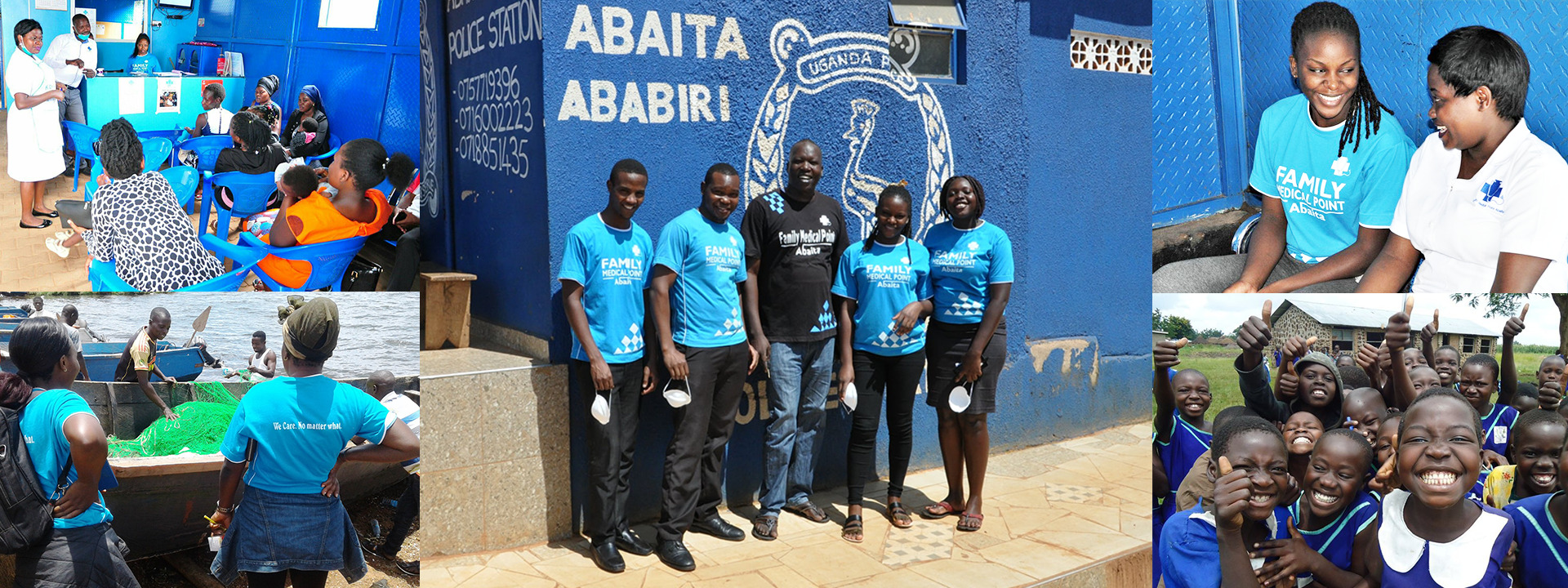
Field report: changing minds and lives in Uganda’s fishing communities
At the end of last year, we launched our Empower to Plan campaign with Family Medical Point to ensure that every woman and young person in Abaita Ababiri, Uganda, has free and safe access to sexual and reproductive healthcare. With your help, we raised £5,000 to support Family Medical Point in reaching 1,759 community-members and 725 young people in the marginalised fishing communities along the shores of Lake Victoria.
Moses Odongo, Team Leader at Family Medical Point, reflects on the impact of the two-part programme implemented with Empower to Plan funding.
When Family Medical Point (FMP) received funding from Population Matters through the Empower to Plan project, we set out to generate public support among fishing communities on the uptake of family planning services and raise awareness about associated gender-based violence against women. Many women in fishing communities fear using contraception due to gender-based violence and negative community attitudes.
The support from Population Matters enabled FMP to recruit volunteers to lead community engagements with the men in the fishing communities for a period of three months. Every day, the volunteers joined men in their groups at the fishing docks and landing sites, and introduced family planning into conversation. The non-structured discussions gave the volunteers the opportunity to listen to the myths and misconceptions that the fishermen held and respond with factual and scientifically-proven information about family planning.
In this way, our community mobilisers educated 1,425 men and 334 women about women’s rights and the economic value of family planning for women’s health, the family and community.
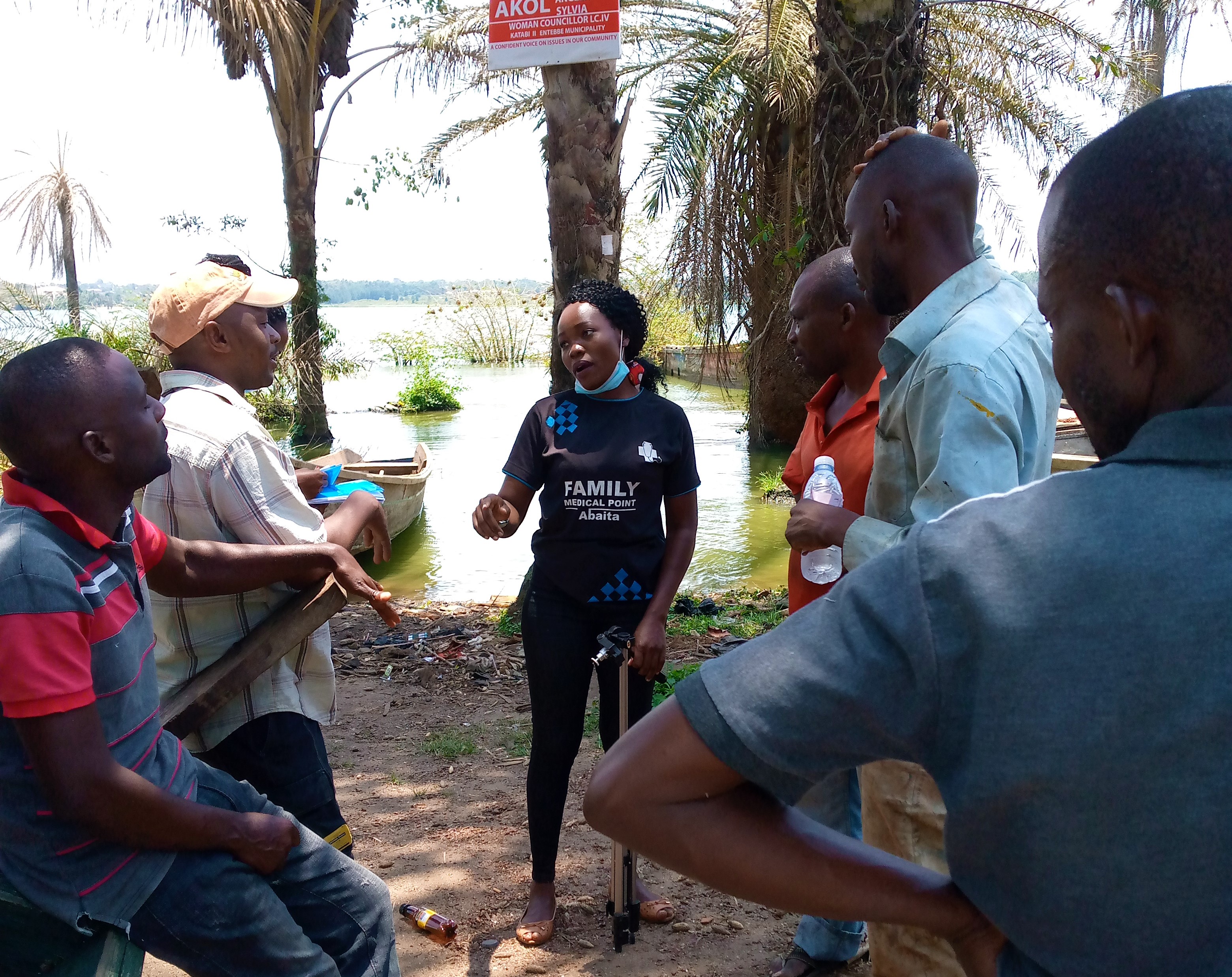
The friendly discussions allowed men to ask questions and get guidance from volunteers about where to access additional information in Luganda, the local language. Door-to-door visits by community volunteers also popularised key messages against gender-based violence, thus triggering a process of self-reflection to rethink individual beliefs, attitudes and perceptions about family planning. The volunteers also engaged women of reproductive age with information including avenues of recourse when their rights are violated. We trained 34 peer educators to directly work with village health teams and local leaders to help victims of violence; they referred 119 women to Family Medical Point for additional support, including family planning and counselling services.
The campaign we designed, #HerChoiceHerRight, disseminated key messages through community radio broadcasts and information, education and communication materials, which included t-shirts, posters, banners and brochures. We believe that over the course of the project, we reached 11,300 people through our community radio broadcast campaign.
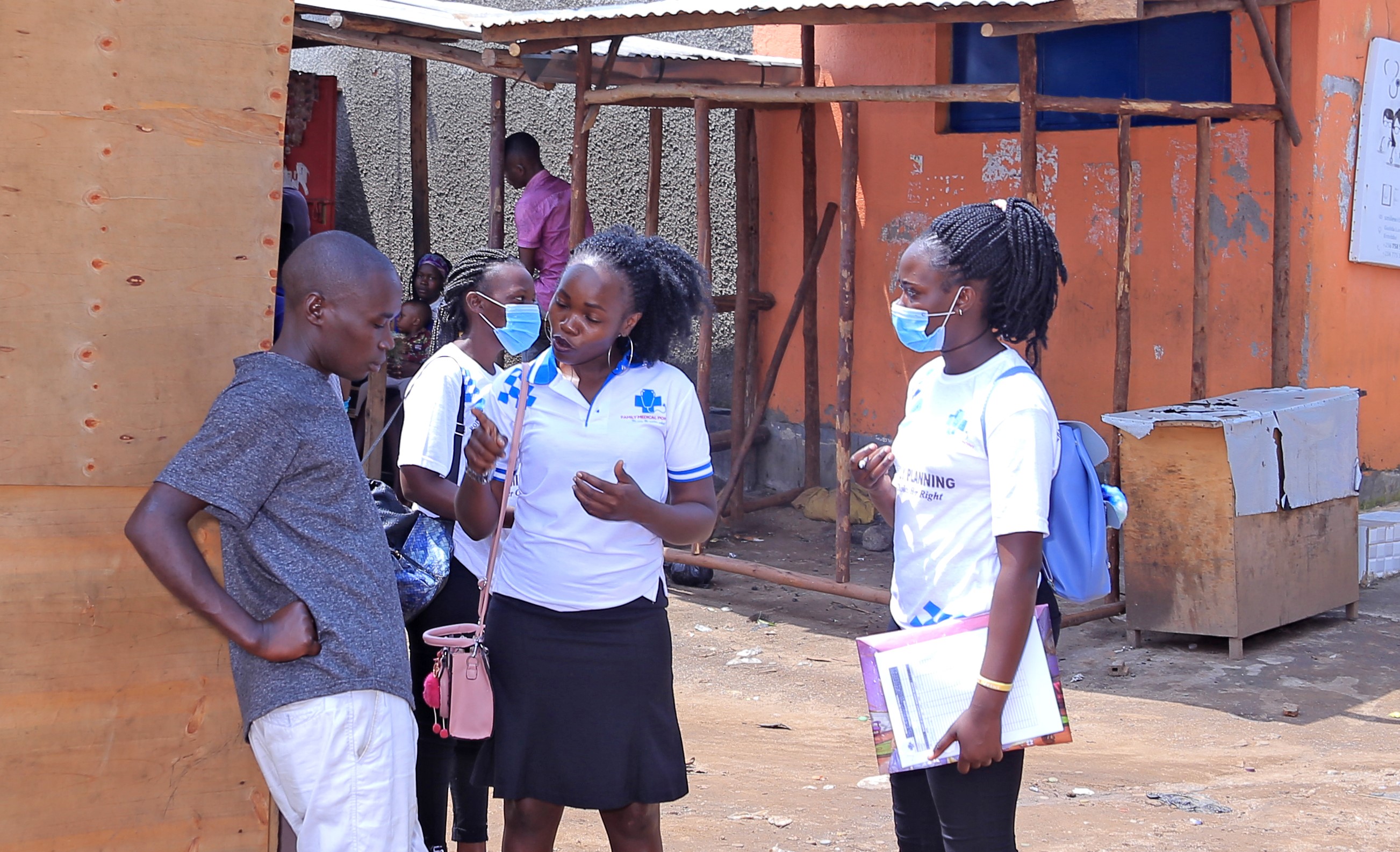
We have achieved a 20 – 30% increase in the number of women seeking family planning services from the target communities at our medical centre. Local police reports also indicate that, over the past two months, there has been a drop in reported cases of gender-based violence associated with family planning.
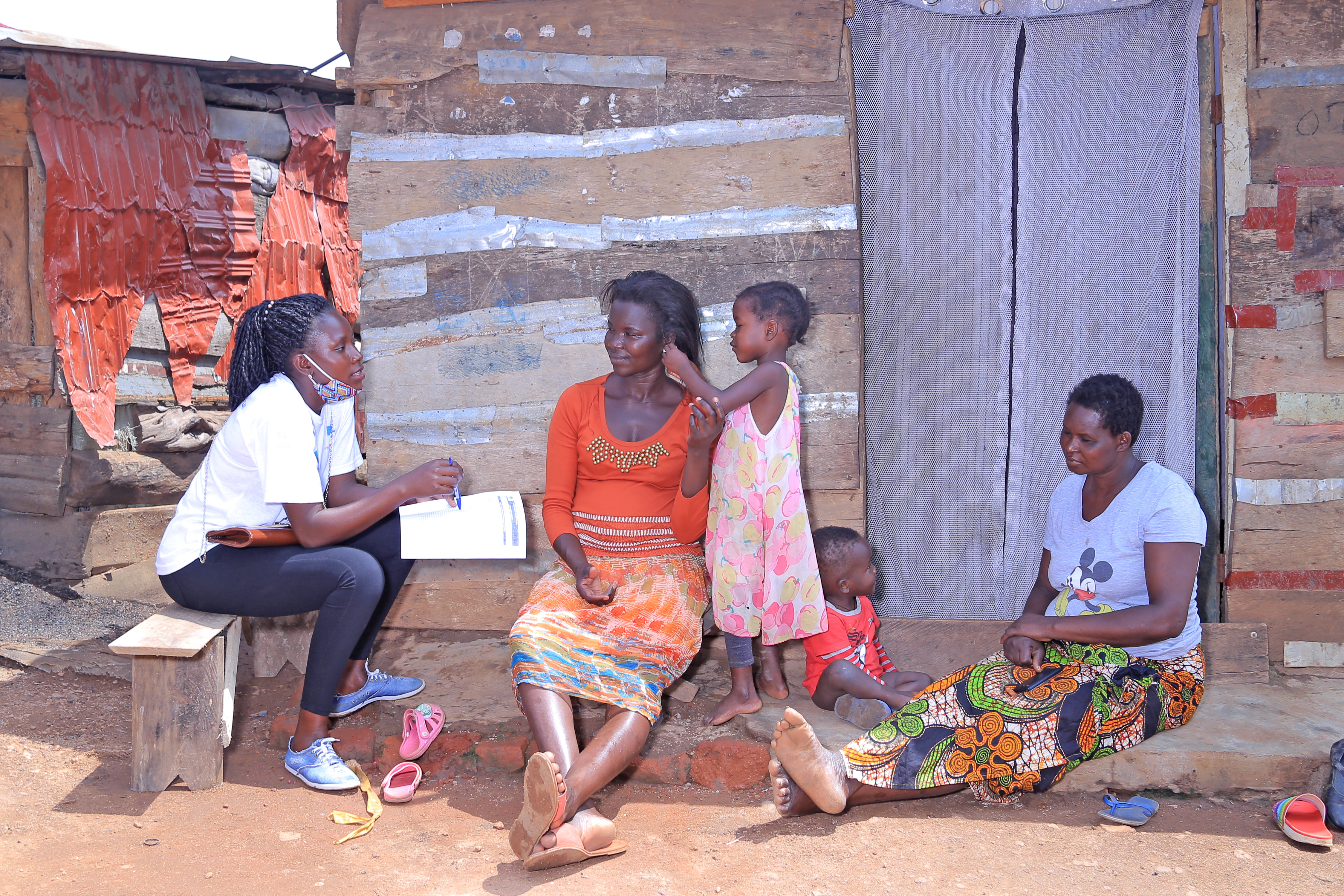
We believe it will take sustained effort to transform the community and we will continue to campaign against gender based violence – it’s crucial that the messages keep reaching the target, and that we continue to empower the community-based champions and build influencers among the men. It is also crucial that we get the next phase started as soon as possible. Our thanks go to Empower to Plan supporters and Population Matters for supporting us as we lead this community transformation in Abaita Ababiri.
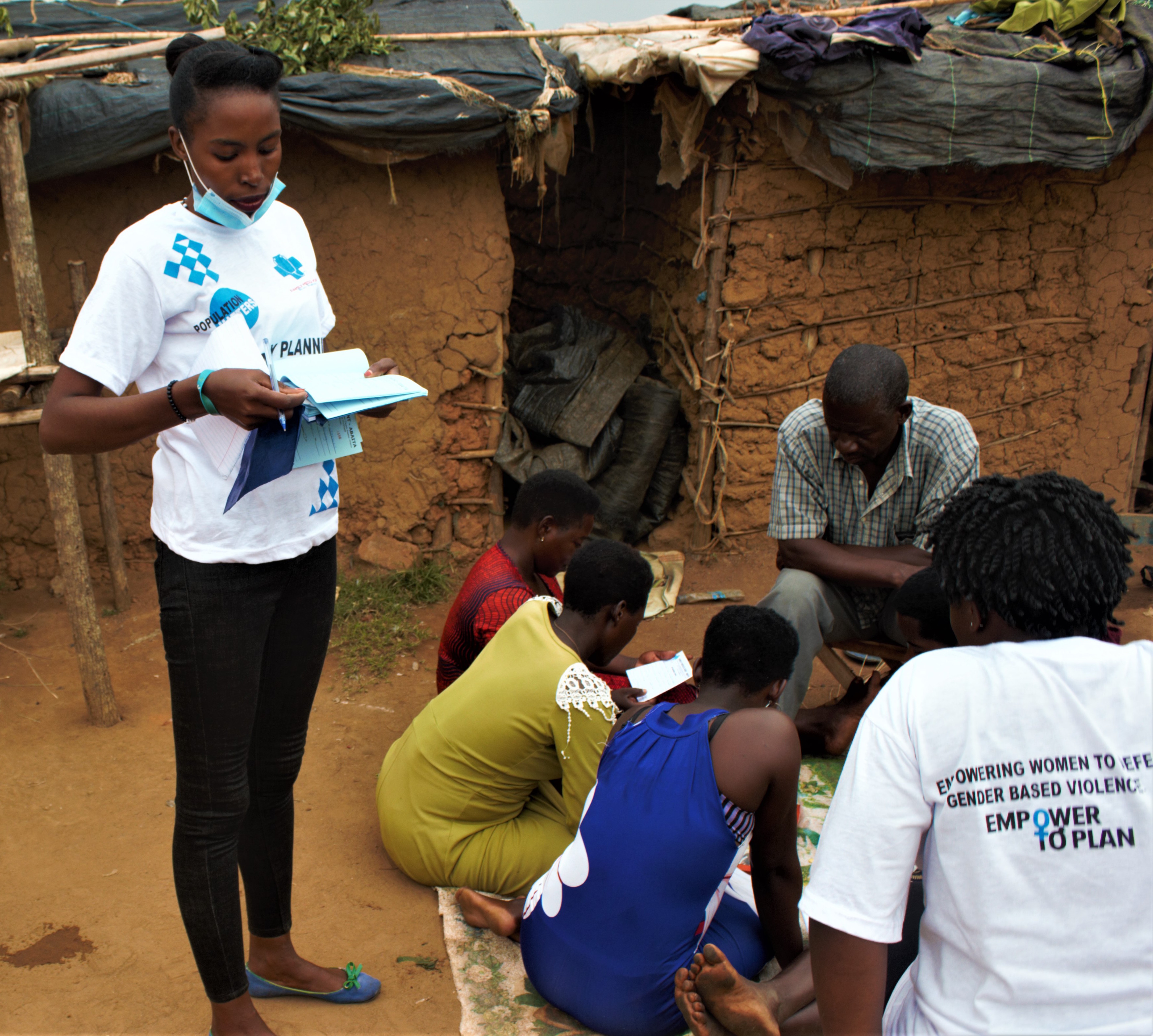
Stay connected with Family Medical Point and their important work at familymedicalpoint.org.
Moses Odongo is a public health expert and a founder of Family Medical Point, a not for profit grassroots organization working to enhance access to sexual and reproductive health services and combat gender based violence among marginalized communities in Uganda.
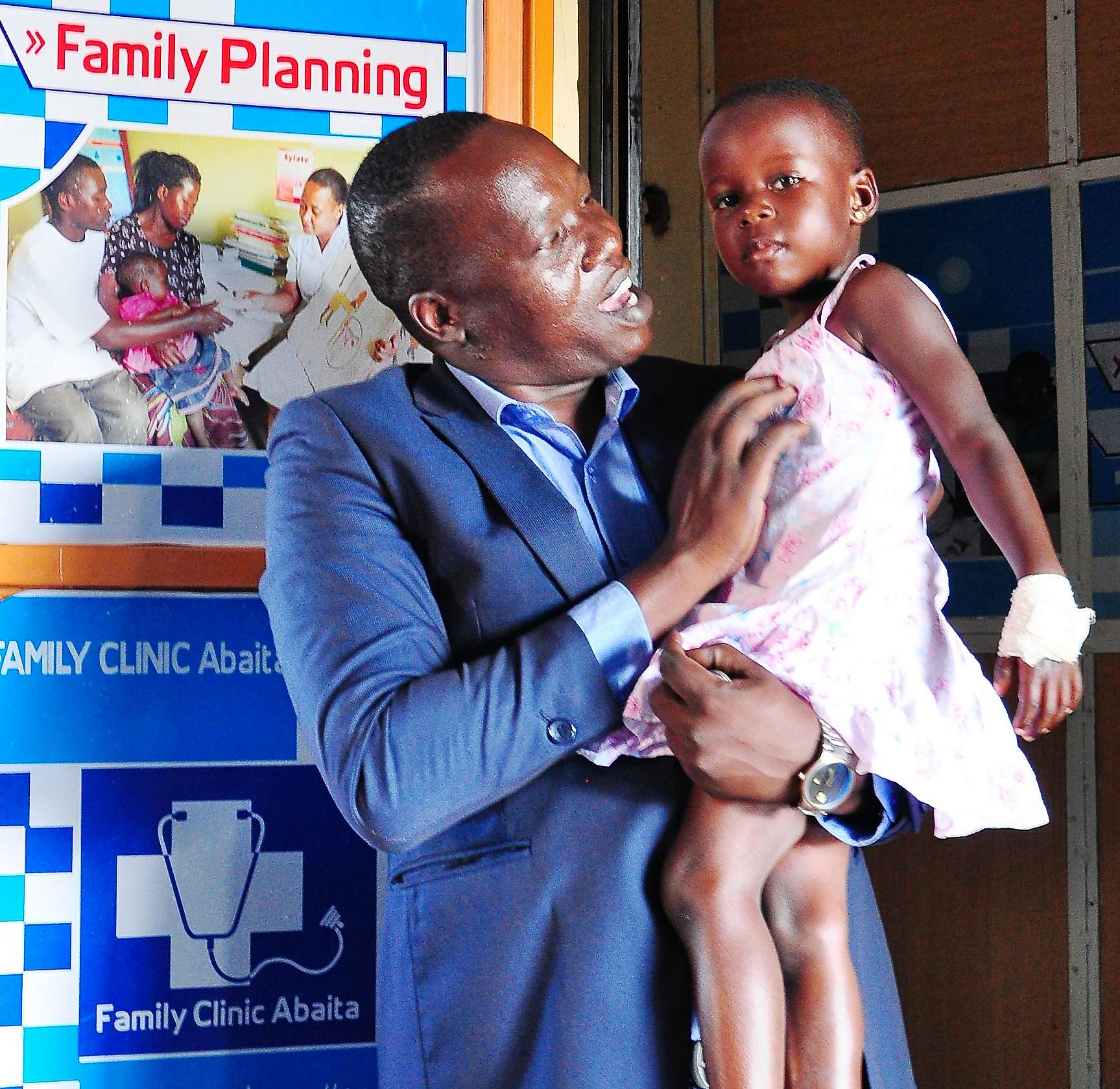
The views expressed in guest blog posts do not necessarily reflect the opinions and position of Population Matters.

